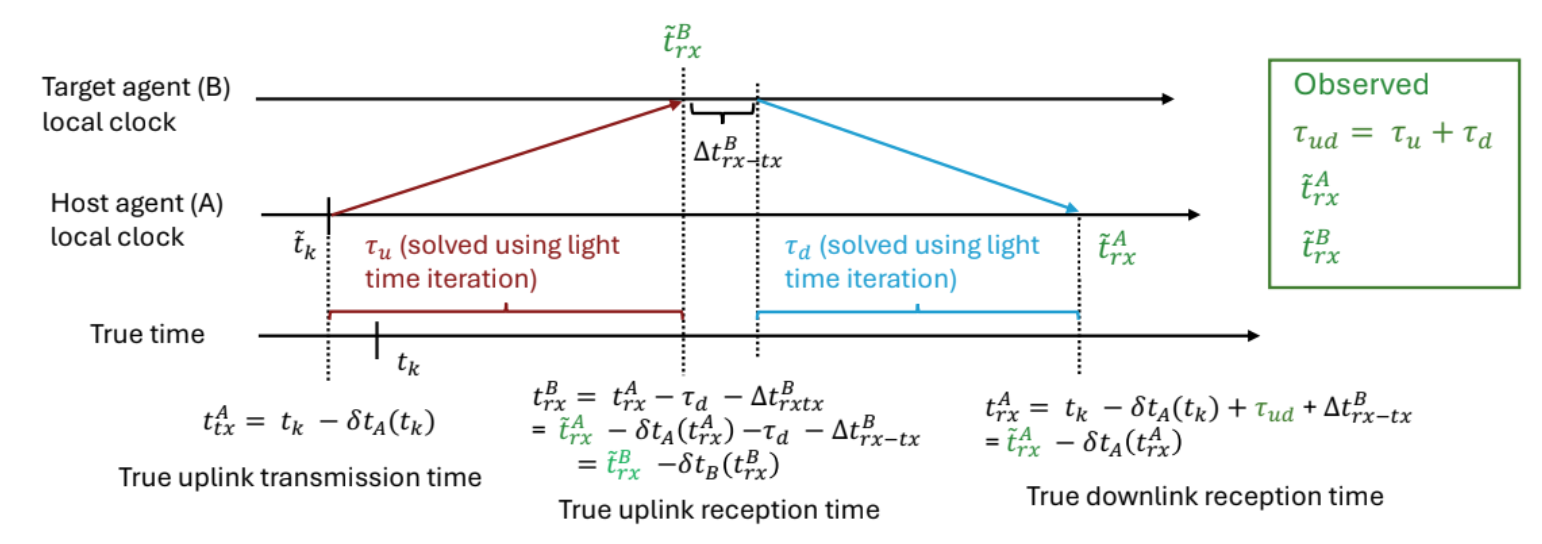Design and Orbit Determination of Future Mars PNT + Relay Constellation
With: William Jun, Sriramya Bhamidipati, Kar-Ming Cheung (Jet Propulsion Laboratory)

To enable future human exploration on Mars, it is necessary to develop a dedicated network of satellites that provide both communication relay and positioning, navigation, and timing (PNT) service in Mars’ orbit and on its surface.
Additionally, it is desirable to operate the constellation semi-autonomously and reduce reliance on the oversubscribed Deep Space Network. In this work, we first address the design of the next-generation Mars constellation with a focus on the following three objectives: coverage between ±30 degrees latitude, communication data volume, and surface user PNT performance. By analyzing the trade-off space, we propose a notional constellation comprising five satellites: two orbiters at areostationary orbit and three orbiters in an inclined 1⁄2 repeating ground track orbit, which balances the three objectives effectively.
Second, we propose a semi-autonomous orbit determination and time synchronization (ODTS) framework for the MRN orbiters. Our proposed approach fuses range, range-rate, and time difference measurements from inter-satellite links (ISLs) and links with a Mars surface station (MSS), in a centralized batch filter. While eliminating the need for frequent DSN tracking, we demonstrate an improved orbit determination accuracy of up to meter level and timing accuracy of sub-nanosecond level by using a single MSS as an anchor node.
Related Publication:
[C19] Iiyama, K., Jun, W.W., Bhamidipati, S., Gao, G., Cheung, K., “Orbit Determination and Time Synchronization for the Future Mars Relay and Navigation Constellation”, 2025 IEEE Aerospace Conference, 2025 [Slides]
